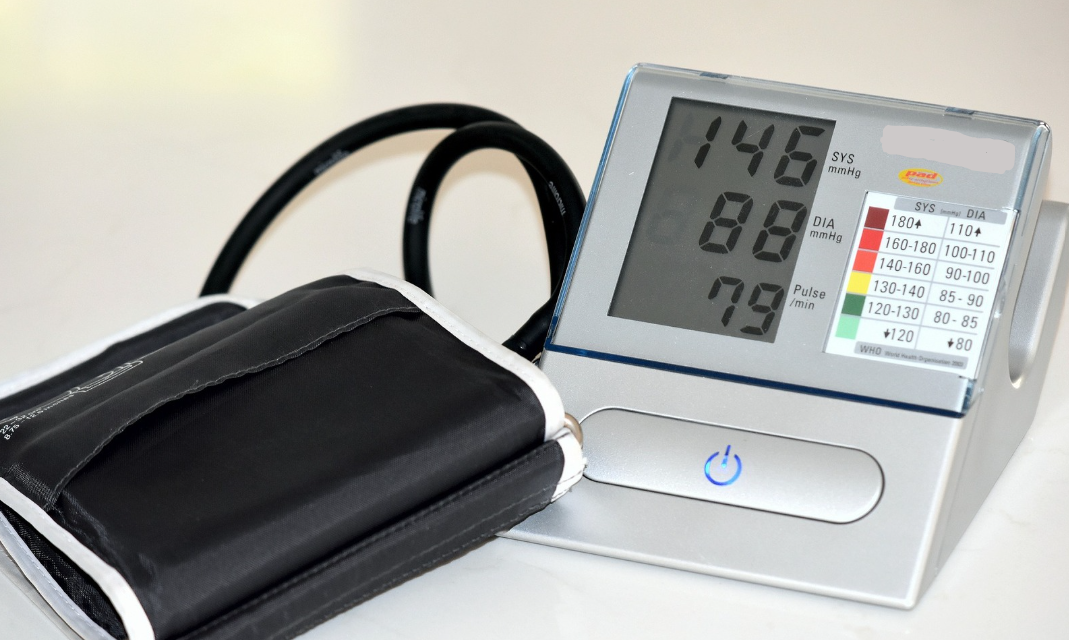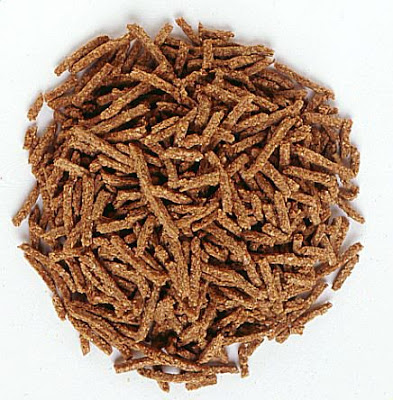Prefer to listen? Check out my podcast here!
While people of any body shape or size can have high blood pressure (hypertension), obesity can be a cause or contributor to hypertension. In fact, about half of people with obesity have hypertension. Why is it important to watch your blood pressure if you are on weight management medication?
Amongst people with hypertension and elevated weight, weight loss typically improves blood pressure. As regards the effect of weight management medication, with the older weight management medications orlistat (Xenical) and liraglutide 3mg (Saxenda), we see a little bit of blood pressure improvement (see our Canadian Obesity Clinical Practice Guidelines Pharmacotherapy chapter Table 2 page 6 here – disclosure: I am the lead author). For naltrexone/bupropion (Contrave), there is no significant change in blood pressure once weight has reached its plateau (BP actually may go up a little bit when Contrave is first started, so it should not be started if hypertension is not controlled).
With the newer generation of weight management medications, there is a more substantial improvement in blood pressure. Semaglutide 2.4mg (Wegovy) reduces systolic blood pressure (top number on your BP reading) by -6.2mmHg vs -1.1mmHg with placebo. Tirzepatide (Zepbound, not yet approved in Canada for weight management) reduces systolic blood pressure by -7.2mmHg vs -1.0mmHg with placebo. These are similar reductions as we see with blood pressure medications!
In both of these key studies, about a third of people had a diagnosis of hypertension, and blood pressure was quite good in the overall population at baseline (120s/80). In the STEP1 semaglutide 2.4mg study noted above, 34% of participants on blood pressure medication at baseline either decreased or stopped their BP medication (vs 16% with placebo), and more people in the placebo group needed an increase in BP medication (22%) than people in the semaglutide group (12%).
An analysis of studies of tirzepatide (Mounjaro) in people with diabetes found that people with higher BP at baseline had a greater reduction in BP with tirzepatide compared to those with a lower starting BP. They also found that BP reduction was only partly mediated by weight loss (effect was variable from trial to trial).
Thus, the magnitude of blood pressure reduction noted above doesn’t tell the whole story.
When should you be most watchful of your blood pressure? With the GLP1 based medications (liraglutide, semaglutide, tirzepatide), most of the blood pressure reduction occurs during the titration phase (ie, as you are working your way up on the dose). Note that blood pressure could continue to improve with further weight loss over time, so continue to keep an eye on it even after you have reached a stable dose of weight management medication.
As for how the GLP1-based weight management medications lower blood pressure, there are likely multiple intertwined mechanisms at play, including weight loss, reduction in inflammation and oxidative stress, autonomic effects, effects on vasculature, and increased urination of sodium and water (diuresis).
The key takeaway is that if you are taking blood pressure medication, it is important to be watchful of your blood pressure as you start weight management medication (especially the highly effective ones), as your blood pressure medications may need to be reduced.
I would really like to see semaglutide, tirzepatide, and other emerging highly effective weight management medications studied specifically in people with hypertension, so that we can better understand the efficacy of these medications to treat hypertension.
Disclaimer: I receive honoraria as a continuing medical education speaker and consultant from the maker of liraglutide and semaglutide (Novo Nordisk), tirzepatide (Eli Lilly), and naltrexone/bupropion (Bausch). I am/have been an investigator in clinical trials of liraglutide, semaglutide, and tirzepatide.
Check me out on X/twitter! @drsuepedersen
Share this blog post using your favorite social media link below!
www.drsue.ca © 2024












